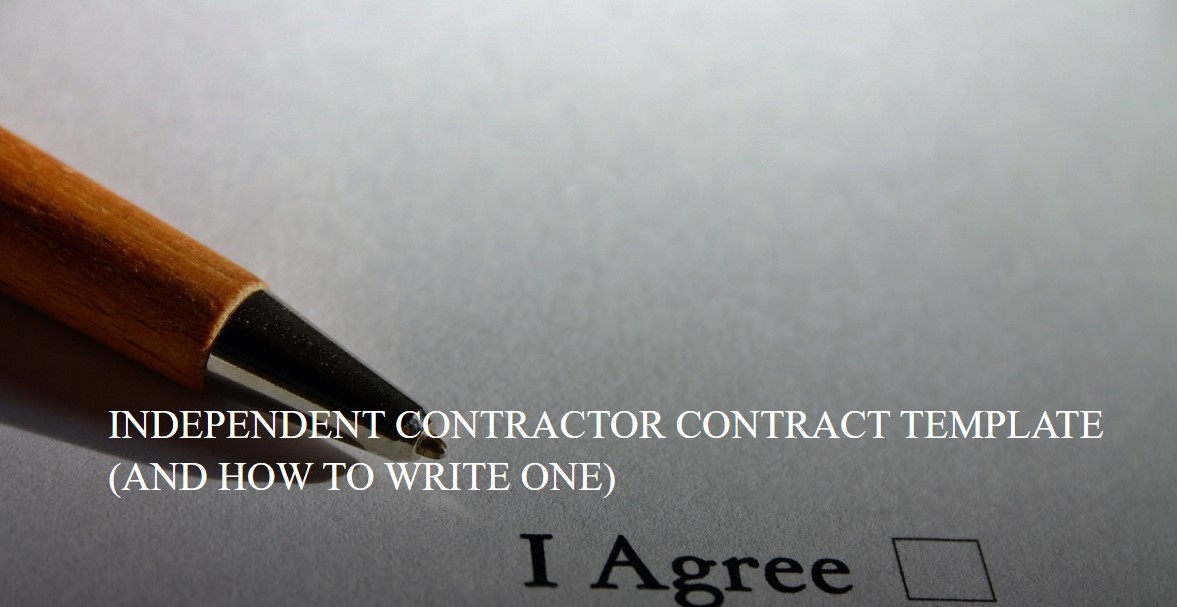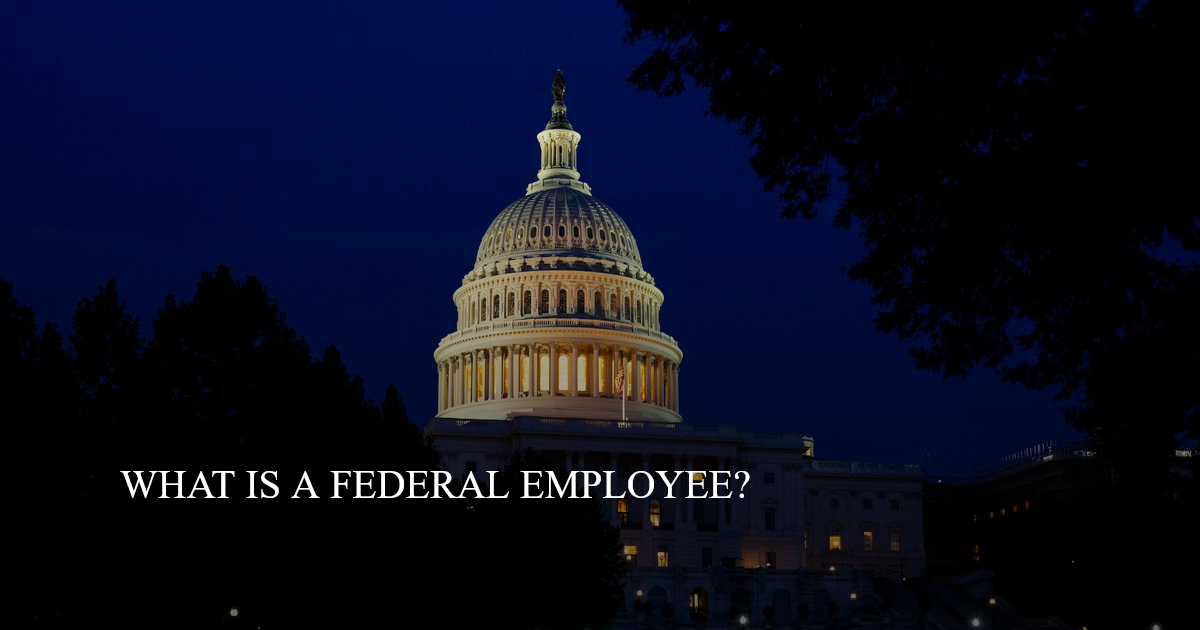The Family and Medical Leave Act (FMLA) is designed to give employees unpaid time off with the comfort of knowing their job is protected for certain qualifying situations. This only applies to eligible employees and to certain defined medical situations. What if your employee is not eligible for FMLA? Read on to learn how to handle that situation.
Key Takeaways
-
Family and Medical Leave Act allows eligible employees in qualifying situations to take unpaid time off work without worrying about losing their job.
-
Not every employee qualifies to receive FMLA.
-
Not every medical condition or family emergency qualifies for FMLA.
-
Even if an employee is not eligible for FMLA or their situation doesn’t qualify, an employer can still hold their job for them while they take medical leave.
What Does FMLA Cover?
One of the first steps toward determining if someone qualifies for FMLA is to assess the medical situation. The following reasons are defined by the Department of Labor as qualifying reasons for leave under the Family and Medical Leave Act:
-
Birth of a child and bonding period. This expires 12 months after the birth of the child, and it applies to both mothers and fathers. In most situations, it must be taken in a continuous block.
-
Placement of a child for adoption or foster care. This is for bonding purposes but can also be taken before placement to prepare for the arrival of the child. Preparation is to include counseling, court and attorney meetings, and possibly travel to another country to pick up the child.
-
Serious health condition makes the employee unable to perform their job duties. Whether the employee is unable to work at all or unable to perform an essential part of their job, they qualify while receiving treatment.
-
Needed to care for a spouse, child, or parent with a serious health condition. If the employee is needed at home to provide care to a family member, they can qualify for FLMA.
-
A qualifying exigency arising from the military deployment of an immediate family member. This can cover a variety of situations, including a shift in childcare, having to attend military meetings, taking leave time to spend on R&R;, or other activities related to the care of a parent or child of that military member.
-
To care for a servicemember with an injury or illness if that service member is an immediate family member of next of kin. This can include active servicemembers and some veterans.
Some of the eligible situations are pretty straightforward; others are a bit more difficult to understand and may need clarification from the Department of Labor, a human resources representative, or an attorney who specializes in business law. Case-by-case interpretation may be necessary.
Eligible Employees of FMLA
The next step is determining the eligibility of the individual. Check with your state to make sure the qualifications are the same, but the federal Department of Labor says employees are eligible if they have worked for the employer for at least 12 months or at least 1,250 hours in the past 12 months.
They also need to work at a location where the company employs 50 or more employees within 75 miles.
Some special circumstances can come into play if the employee is looking for military-related family leave and when the employee works for an education agency. These are special circumstances and are categorized a bit differently.
What Does FMLA Offer?
FMLA was created to help employees balance work and family responsibilities by allowing them a reasonable unpaid leave for certain family members and for medical reasons. During that leave time, the employee’s job status is protected, so they don’t have to worry about not having a job when they’re ready to return.
FMLA is also designed to accommodate the legitimate interests of employers and promote equal employment opportunities for all.
What If an Employee Is Not Eligible for FMLA
If the employee is not eligible for FMLA because the medical condition or situation does not qualify, or they aren’t an eligible employee, then the employer does not have to hold the job open for the employee.
They could legally terminate employment for missing too much work. They’re also not required to continue to provide health benefits during their absence if they don’t qualify for FMLA.
That said, some state laws may have provisions in their laws that do accommodate the employee. If this is the case, then the state laws are what the employer has to go by. It’s important not only to recognize federal law but also to be aware of state laws.
Even if an employee doesn’t qualify for FMLA under both state and federal laws, it might not be the best idea to let go of that employee. There are several different factors at play, and an employer might decide that an employee is valuable and they want to accommodate their situation.
If an employee doesn’t qualify for FMLA, the employer is not required to terminate their employment. The employer may decide to voluntarily hold their position for them while they deal with their medical emergency.
Other Acts May Apply
Even if the employee doesn’t qualify for FMLA, both state and federal, they may still be protected. The Americans with Disabilities Act (ADA) and the Pregnancy Discrimination Act (PDA) may come into play, and each would offer some protections for the employee. These are important acts for the employee and employer to be familiar with in case they come into play.
FMLA FAQ
-
What does the Family and Medical Leave Act provide?
FMLA allows eligible employees with qualifying situations to take up to 12 work weeks of unpaid leave a year. During that time, the employee will receive their health benefits and is entitled to have their job back or an equivalent job when they return.
Military family entitlements include more qualifying situations, and they provide for up to 26 weeks off in a single 12-month period to care for servicemembers.
-
Does FMLA apply to every employer or business?
No, FMLA is not for every employer or business. If the company is in the private sector and employs less than 50 people, then they are not subject to FMLA.
-
What makes an employee eligible for FMLA?
To qualify for FMLA, the employee must work for a covered employer and have worked at least 1,250 hours in the preceding 12 months. They also must work at a location where the employer has 50 or more employees within 75 miles.
The employee must have worked for the employer for at least 12 months, but those 12 months don’t have to be consecutive. Typically, only employment over the course of the previous seven years is counted as a total of 12 months, but there are some exceptions for servicemembers and collective bargaining situations.
-
Do employees still get paid during FMLA?
No, FMLA is for unpaid leave. There are situations where an employer may require the employee to use their paid vacation, sick, or family leave instead of an FMLA. In this situation, the employee must be paid and still have FMLA protection for their job.





